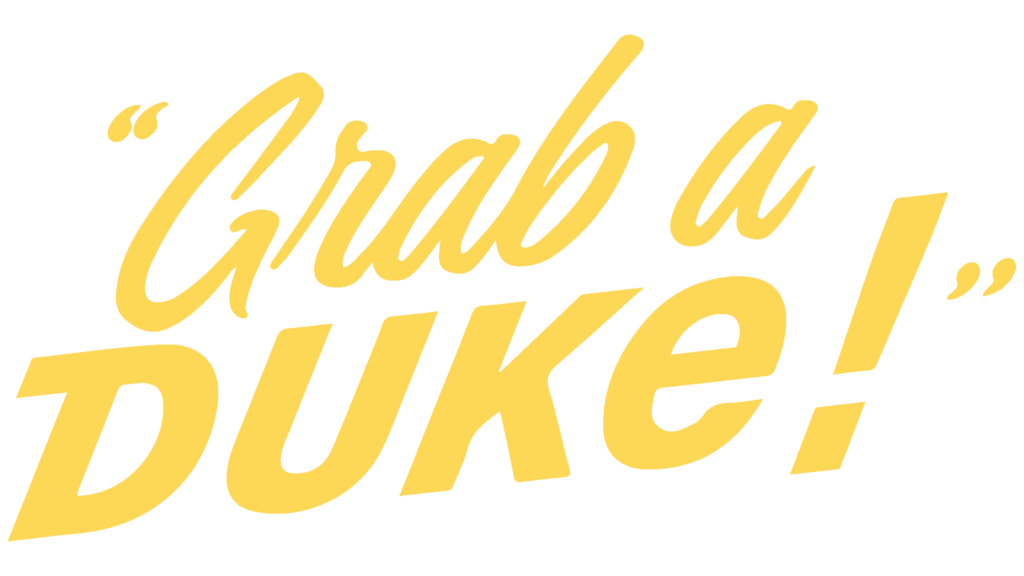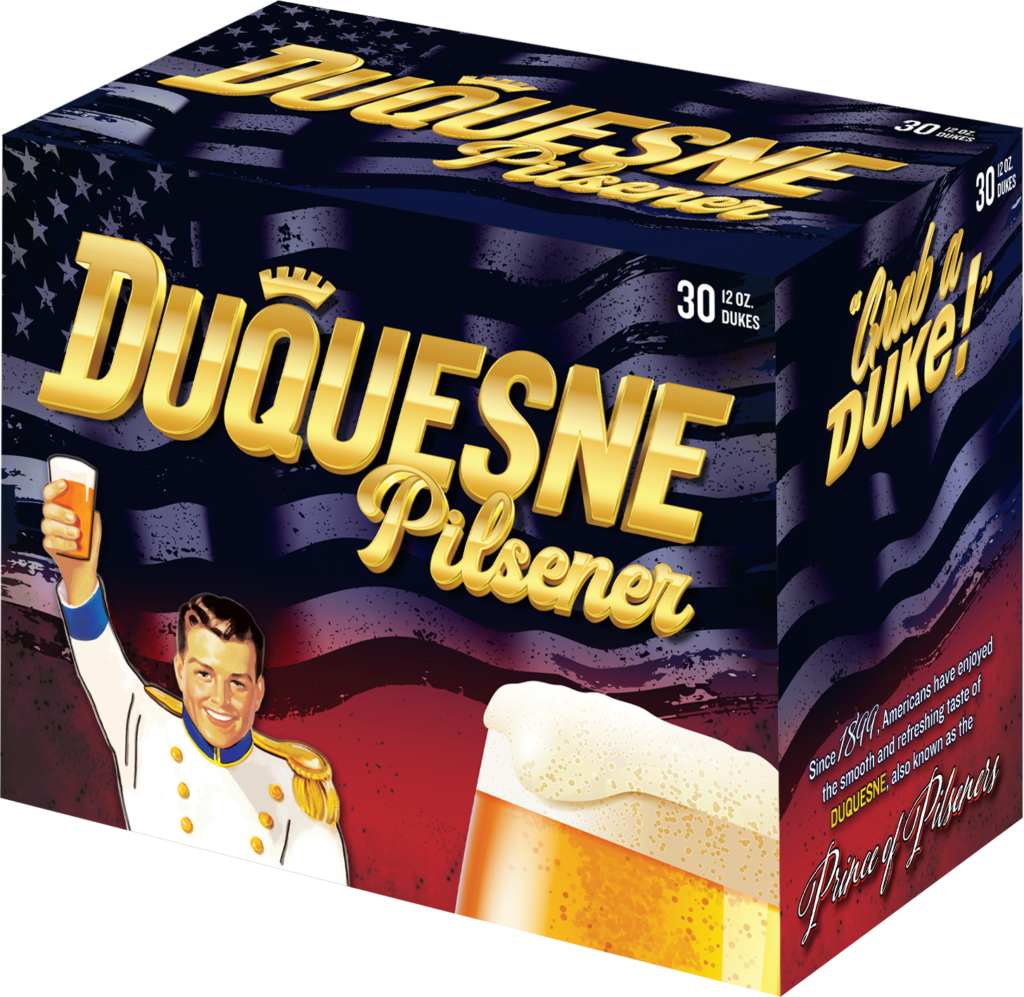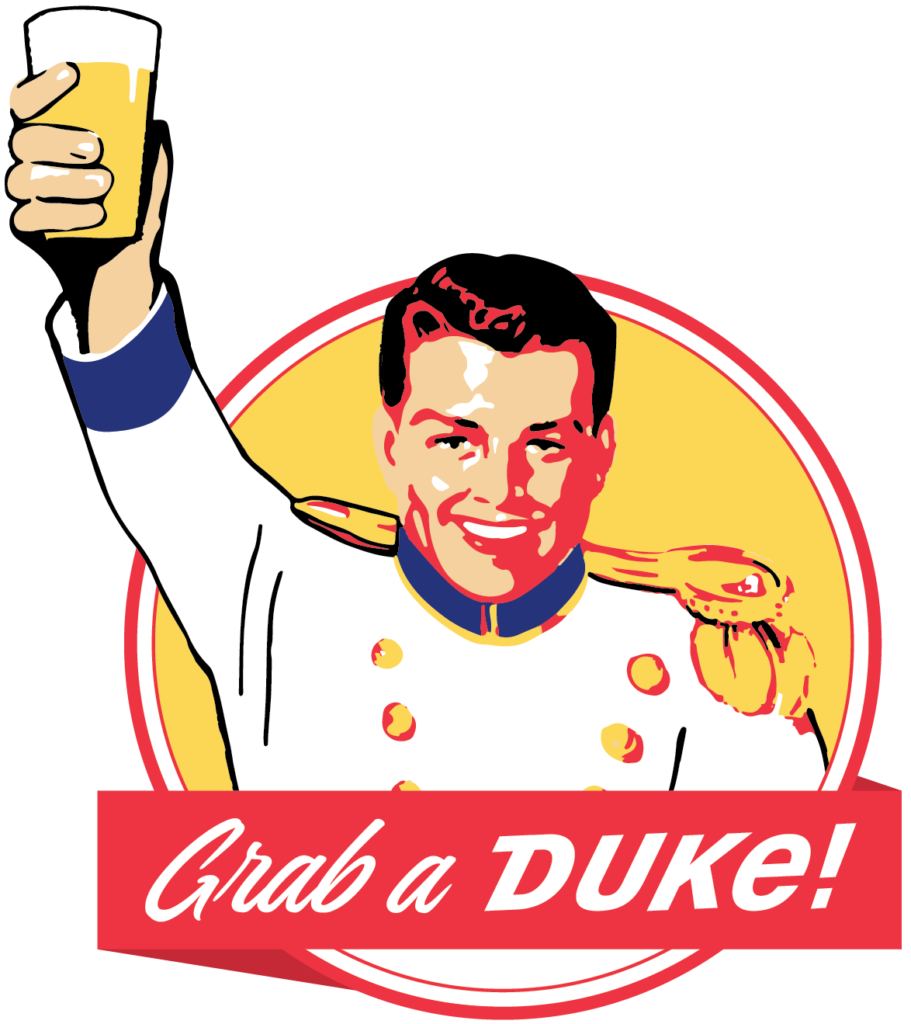plans for multiple breweries.
Romanesque-style structure at 21st and Mary Streets.
technology including mechanical refrigeration, steam heat, and electric
delivery trucks.
beer, introducing Silver Top, a premium lager that dominates the market.
"near beer" and asset sales.
Company is once again producing their iconic beers.
brewery in Pennsylvania and 8th largest in America.
states.
million barrel capacity.
collar-focused ad campaigns, helping reverse years of declining profits.
after 73 years.
operations.
Brewing Company.
Brewing Plant, the former home of Rolling Rock.
Championships, becoming an internationally recognized pilsener.







